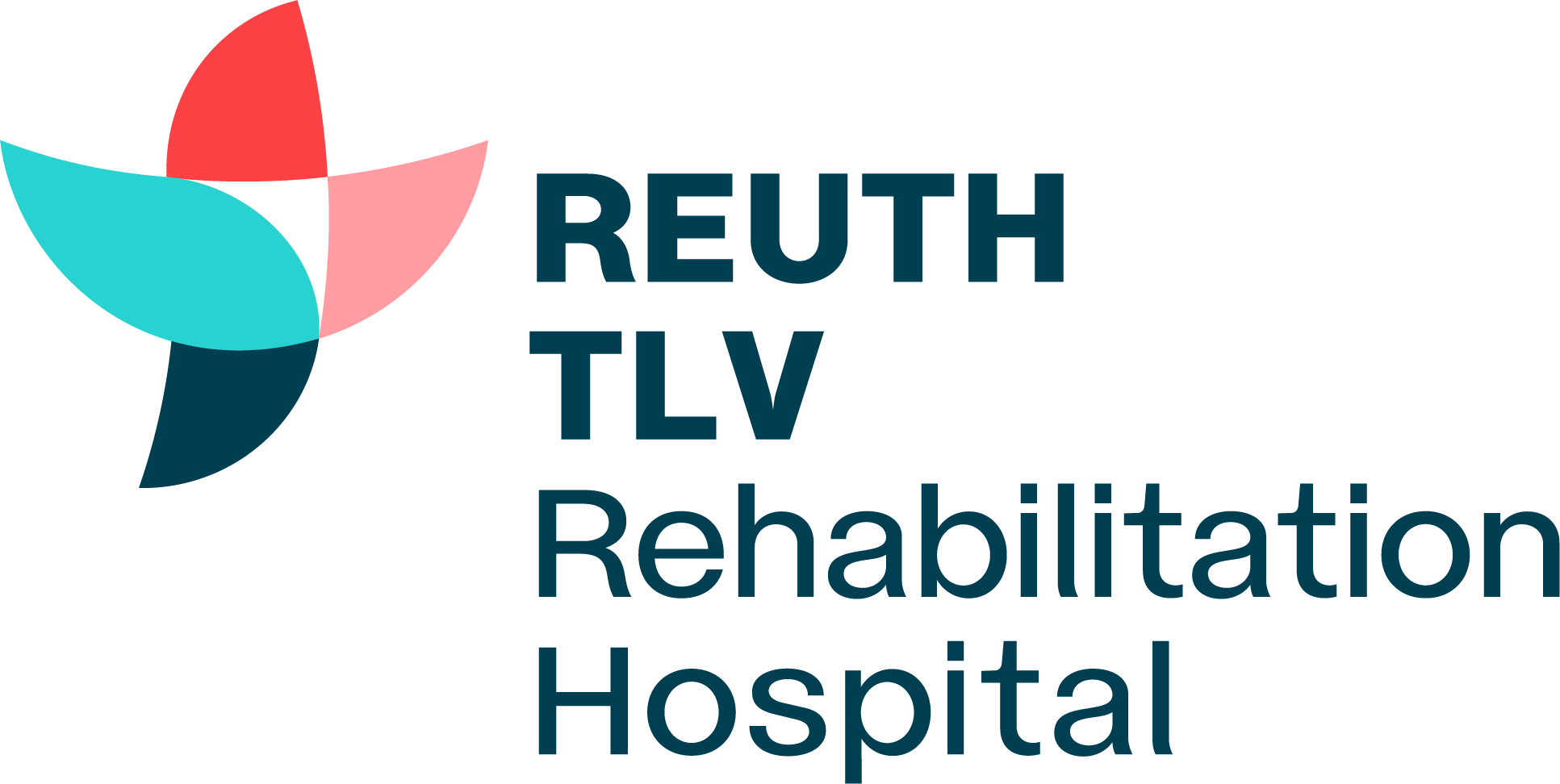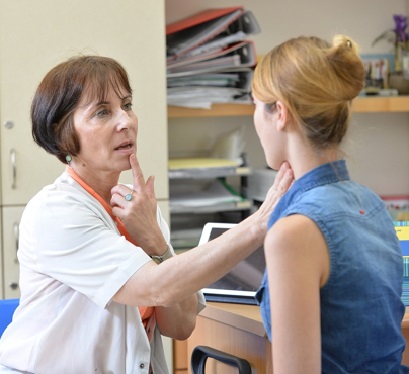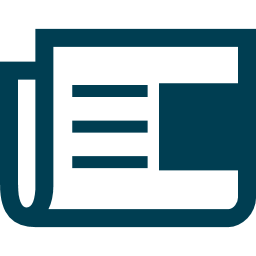“Aphasia – you took the words out of my mouth”. If only people with aphasia could speak and express themselves it is possible that this is how they would express their feelings about aphasia.
What is aphasia? Think about a situation in which you have a thought in your mind and you cannot produce the appropriate words in order to express it. Think about a situation in which someone is talking to you and you cannot understand one word of what they are saying. Think about a situation in which you are reading words and do not understand them. Now think that this is how you will need to continue your life. These are only some of the restrictions that a person with aphasia encounters, with one level of severity or another, and he is forced to continue with his life.
Aphasia is an acquired linguistic disorder as a result of neurological damage to the speech centres of the brain (strokes, traumatic brain damage and so forth). Aphasia causes complete or partial loss of the ability to use all the linguistic channels – expression and comprehension of spoken language and expression and comprehension of written language. As a result of this, significant harm is caused to the communication of that same person with his environment. Damage to communication has extensive ramifications, both functional and emotional, in all areas of life. It is important to state that aphasia is dynamic as a rule and that for the most part the damaged linguistic abilities improve both as a result of the passing of time and as a result of therapy provided by a speech therapist. However these are slow and lengthy processes and a person who is discharged following long term hospitalized rehabilitation will still suffer from significant linguistic and communication damage and will be required to learn to live with aphasia.
The majority of the treatment approaches focus on linguistic difficulties and the attempt to improve the linguistic abilities that have been damaged. In recent decades an approach has been developed that is sensitive to other aspects of the linguistic damage – the social approach for treating aphasia which constitutes an approach that expands upon and completes other approaches. The social approach constitutes a conceptual framework for observing the treatment of an individual with aphasia and his environment. Pursuant to this approach the linguistic and communication disability creates a social problem and the main focus of it is the integration of the individual into society.
The social approach for diagnosis and treatment of aphasia focuses on the ability of an individual with aphasia to function in society with the linguistic disability. It relates to communication as a kind of achievement and joint activity of the speaker and the listener in which both parties are responsible for its success. The abilities of individuals with aphasia can be expressed more in a dialogue the more that the partner in their communication has the suitable communication tools and provides them with “communication accessibility”. Therefore, the treatment by the social approach focuses also on training the environment by coaching the principal communication partners with the individual with aphasia.
As regards the treatment – clinicians who work with this approach expand the traditional objectives that are customary in the clinic for various aspects of communication and dialogue (acquisition of diverse types of dialogue – request, transfer of information, telephone conversations, writing messages on smart phones etc). The objectives are determined as far as possible together with the patient and his main therapists so that the treatment will have significant ramifications for his life. The focus is on communication and a range of means to achieve it – verbal tools, alternative methods of communication such as tablets/iPads and more, and non-verbal tools (use of gestures, drawing). One of the most significant tools in therapy using the social approach is group therapy which apart from constituting a meeting place with the peer group and a source of support, encourages acquisition of communication and pragmatic skills, promotes inclusion of functional communication with the natural environment, enables communication with a range of communication partners and contributes to the communication and psycho-social functioning of the individual with aphasia.
Due to its nature – treatment by the social approach is relevant at every stage following the damage, however as the social approach places emphasis on adaptation to the linguistic defect it is more relevant in the chronic stages when there is acceptance and making peace with the situation and transfer to work on improvement of communication with the defect and not on improvement of defective linguistic components.
At present there are two centers in Israel that coordinate therapists with individuals with aphasia during the chronic stage using the social approach – the Etgar Centre (the Aphasia Centre for Speech Therapy using the Social Approach) at the Reuth Rehabilitation Hospital Tel Aviv and the Adler Centre for Aphasia at the Hadassah College in Jerusalem, however, as aforementioned, this is an approach that many clinicians integrate into their routine work.
The information presented in this article is general. It does not constitute medical advice or replace consultation with a physician. It should not be regarded as a recommendation or an alternative for medical treatment.
The information presented in the English website is partial. For full info please visit our Hebrew website
(image is for demonstration purposes unsplash)

 donation
donation 




“Reuth Information Center”, All rights reserved to Reuth rehabilitation hospital. Reuth Information Center is an informational site only. All information on the Website is not a replacement or a substitute for medical, legal, economic, consumer, financial or other advice and any use of the information on the Website is solely the responsibility of the User. Surfing is subject to Terms of Use.